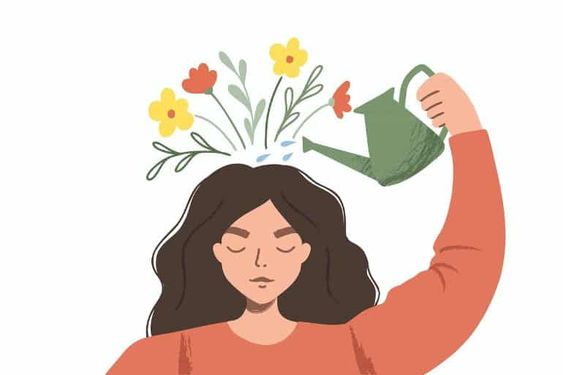Introduction:
In today's fast-paced world, it's easy to get caught up in the hustle and bustle of daily life, often neglecting our mental well-being. However, prioritizing mental health is crucial for living a fulfilling and balanced life. A mental health-focused lifestyle involves adopting habits and practices that nurture your emotional, psychological, and social well-being.

This isn't about striving for constant happiness or avoiding challenges altogether. It's about building resilience, coping with stress effectively, and cultivating a positive relationship with yourself. By making small but significant changes to your daily routine, you can create a life that supports your mental health and overall well-being.
Building a Foundation for Mental Wellness
A holistic approach to mental health starts with building a solid foundation.
- Prioritize Sleep: Aim for 7-8 hours of quality sleep each night. Establish a relaxing bedtime routine and create a sleep-conducive environment.
- Nourish Your Body: Opt for a balanced diet rich in fruits, vegetables, whole grains, and lean protein. Stay hydrated and limit processed foods, sugary drinks, and excessive caffeine.
- Move Your Body: Engage in regular physical activity that you enjoy. Whether it's brisk walking, dancing, or gardening, find ways to move your body for at least 30 minutes most days of the week.
- Mindful Moments: Incorporate mindfulness practices into your day. Spend a few minutes meditating, practicing deep breathing exercises, or simply being present in the moment.
Nurturing Your Mental Landscape
Beyond the foundational aspects, actively nurturing your mental landscape is key.
- Cultivate Positive Relationships: Surround yourself with supportive and encouraging individuals. Make time for meaningful connections and engage in activities that foster a sense of belonging.
- Set Realistic Goals: Break down large tasks into smaller, manageable steps. Celebrate your accomplishments and acknowledge your efforts along the way.
- Practice Gratitude: Take time each day to appreciate the good things in your life. Keep a gratitude journal or simply reflect on things you're grateful for.
- Seek Professional Support: Don't hesitate to reach out for professional help when needed. Therapy, counseling, or support groups can provide valuable guidance and support.





